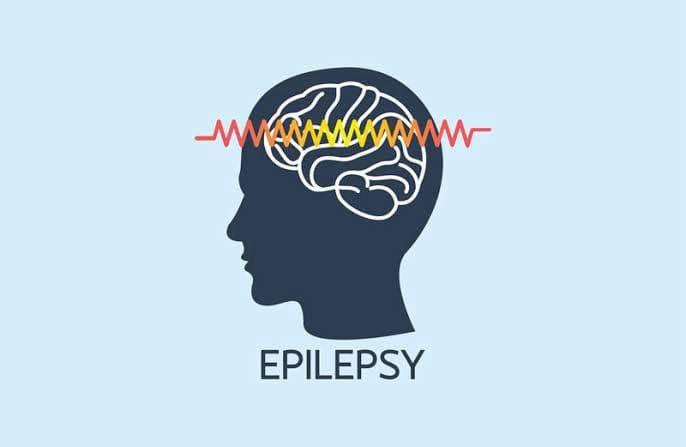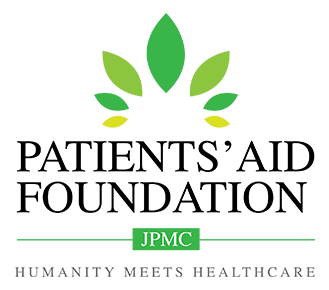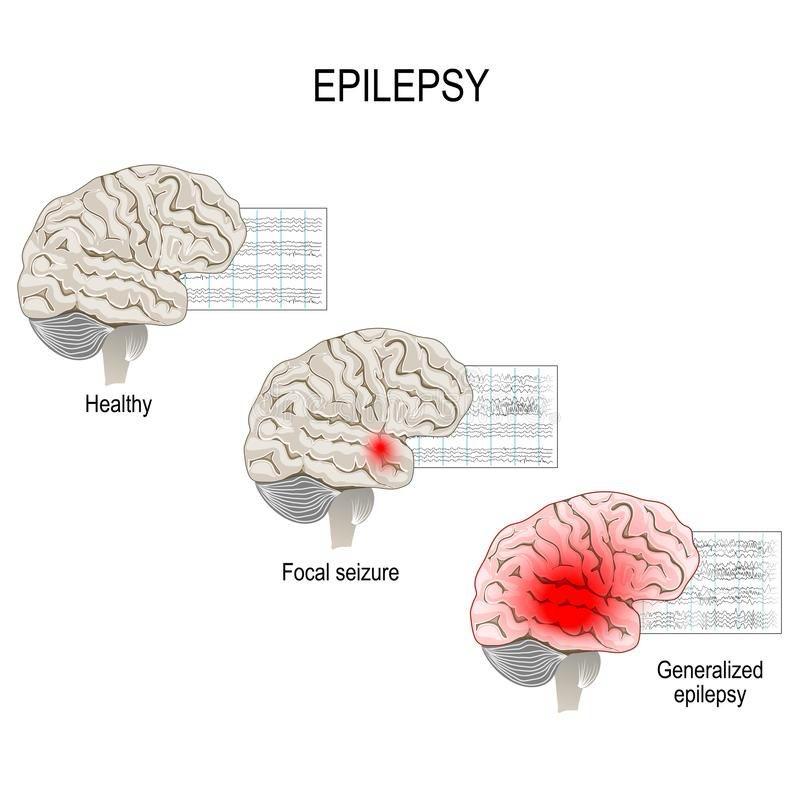Epilepsy in Pakistan Causes, Prevalence, and Treatment

Epilepsy is the fourth most prevalent chronic neurological disorder in the world, affecting millions of people each year. On this day, we come together to raise awareness and advocate for those living with neurological conditions. In Pakistan, epilepsy has a profound impact, deeply rooted in society and creating significant challenges for countless individuals and families.
Approximately 50 million people worldwide are affected by epilepsy, with Pakistan having an estimated prevalence of 9.99 per 1,000 people. The highest prevalence occurs in individuals under 30, accounting for about 2 million cases. Pakistan contributes to roughly 1/10th of the global epilepsy burden. However, epilepsy is often misunderstood, leading to fear, stigma, and barriers in social, educational, and professional settings. Many individuals with epilepsy feel judged or embarrassed, preventing them from seeking the necessary treatment or openly discussing their condition.
Through increased awareness and education, we can break down these misconceptions and foster a more supportive and understanding environment for those with epilepsy.
What is epilepsy?
Epilepsy, also known as seizure disorder, is a neurological condition characterized by sudden, uncontrollable electrical disruptions in the brain. These disruptions occur when nerve cells fail to signal properly, leading to changes in sensations, emotions, awareness, behavior, and muscle movements, such as twitching or jerking.
Epilepsy is diagnosed when a person experiences two or more seizures, occurring more than 24 hours apart, without an immediate, known cause. The causes of epilepsy vary, with some being identifiable and others remaining unknown. While it is a common neurological condition, up to 70% of individuals can control seizures with medication.
Epilepsy affects people of all ages, genders, ethnicities, and races. According to the Cleveland Clinic, approximately 65 million people worldwide are living with epilepsy.
Symptoms:
- Loss of consciousness
- High fever
- Low blood sugar
- Brain concussion
- Uncontrolled movements (Arms or legs twitching)
- Confusion or disorientation
- Muscle jerks or spasms
- Memory loss
- Mood swings
- Loss of bowel or bladder control
Types of epilepsy:
Epilepsy is categorized based on the type of seizures and their causes. Healthcare providers typically classify epilepsy into the following main types:
- Focal (Partial) Epilepsy: Seizures begin in one part of the brain and can be classified as: Focal onset aware seizures (The person remains conscious during the seizure), Focal onset impaired awareness seizures (Consciousness is impaired during the seizure), Focal to bilateral tonic-clonic seizures (The seizure spreads to both sides of the brain, causing a loss of consciousness and body convulsions.)
- Generalized Epilepsy: Seizures affect both sides of the brain from the start and can include tonic-clonic seizures (Grand Mal), which involve stiffening of the body followed by jerking movements. Absence seizures (Petit Mal) cause brief lapses in consciousness, often seen in children, with no physical convulsions. Myoclonic seizures are characterized by sudden, brief muscle jerks or twitches, while atonic seizures result in a sudden loss of muscle tone, leading to collapse or falling. Tonic seizures cause muscle stiffening, which can often lead to falls.
- Unknown Onset Epilepsy: The initial onset of the seizure is not observed or cannot be clearly identified. This includes seizures that are difficult to categorize as focal or generalized.
- Idiopathic Epilepsy: This type has no identifiable cause, often diagnosed when there is a family history of epilepsy, and typically begins in childhood or adolescence.
- Symptomatic Epilepsy: The cause is known, such as a brain injury, tumor, stroke, or infection, and often leads to more localized and predictable seizure patterns.
What actually happens to your brain?
Epilepsy involves abnormal, synchronized electrical discharges in the brain, disrupting normal neuronal communication. In focal seizures, this disturbance originates in a localized brain region, while in generalized seizures, it spreads across both hemispheres. The clinical manifestations depend on the affected area: motor cortex involvement can cause myoclonus or tonic-clonic activity, while temporal lobe disruption may lead to ictal confusion or sensory disturbances. Post-seizure, individuals often experience a postictal state, characterized by cognitive dysfunction, fatigue, and memory impairment as the brain recovers.
Treatment:
Epilepsy treatment involves a combination of antiepileptic drugs (AEDs) to control seizures, lifestyle changes to avoid triggers, and, for some patients, more advanced interventions. In cases where medication is ineffective, options such as surgery, vagus nerve stimulation (VNS), or responsive neurostimulation (RNS) may be considered.
At Jinnah Postgraduate Medical Centre (JPMC), the hospital has significantly advanced its capabilities in treating all medical conditions, including epilepsy. With the support of Patient’ Aid, JPMC has expanded its resources, making it possible to cater to a wide range of medical conditions, particularly in neurology. The hospital has revamped its neurology ward, ensuring that patients receive the most up-to-date and comprehensive care available.
Thanks to Patients’ Aid, a non-profit in Karachi, for these improvements, JPMC can now provide specialized care for underprivileged patients, ensuring early diagnosis, tailored treatment plans, and access to advanced medical technologies. The combination of cutting-edge infrastructure and the dedication of the medical staff ensures that patients with neurological conditions receive the best possible care.
Wrapping up
If you want to make a difference in the lives of those in need, visit the Patients’ Aid website and sign up for the “Roz Ka Sadaqa” initiative. By contributing, you’ll help provide medical assistance to those who are unable to access treatment due to financial constraints.
Patients’ Aid is dedicated to breaking the stigma surrounding medical conditions by raising awareness and advocating for those who need care. Your sadaqah, khairaat, or zakat can make a life-saving impact on someone’s journey toward health and recovery.
Through your generous donations, we can ensure that every life, regardless of financial status, receives the medical care it deserves. Join us in making healthcare accessible to all in Pakistan.


